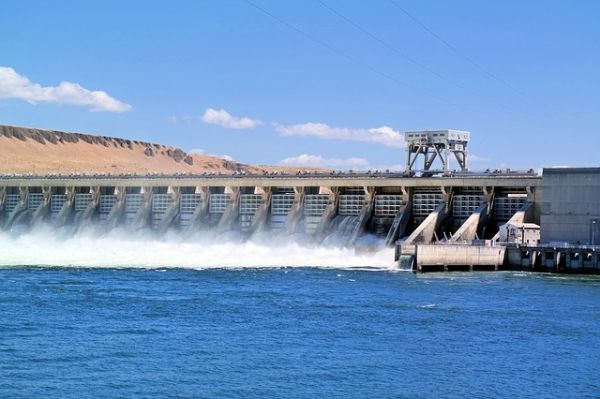Examples include damaged wildlife habitat, impaired water quality, impeded fish migration, reduced sediment transport, and diminished cultural and recreation benefits of rivers. A new River Research and Applications study considers these issues as they relate to a hydropower project undergoing relicensing in California.
The study reveals that important positive and negative effects are not adequately examined in the hydropower relicensing process, and it points to opportunities to reduce the negative environmental impacts of hydropower without great economic penalties.
“Reducing hydropower generation in order to restore natural river conditions is often considered too costly by hydropower operators, but those costs might be lessened by taking advantage of complex electricity markets and providing grid-regulating ancillary services, especially in regions with high penetrations of renewable energy like wind and solar,” said author Joseph Rand, of the Energy and Resources Group at the University of California, Berkeley.
Continue reading at Wiley
Image via Pixabay, CC0 Creative Commons


